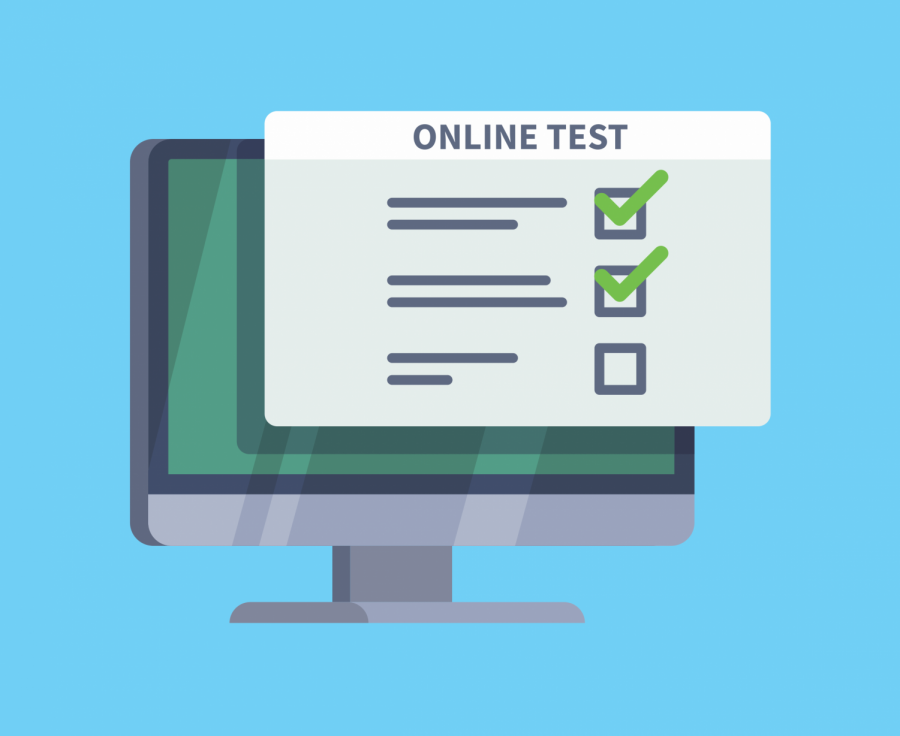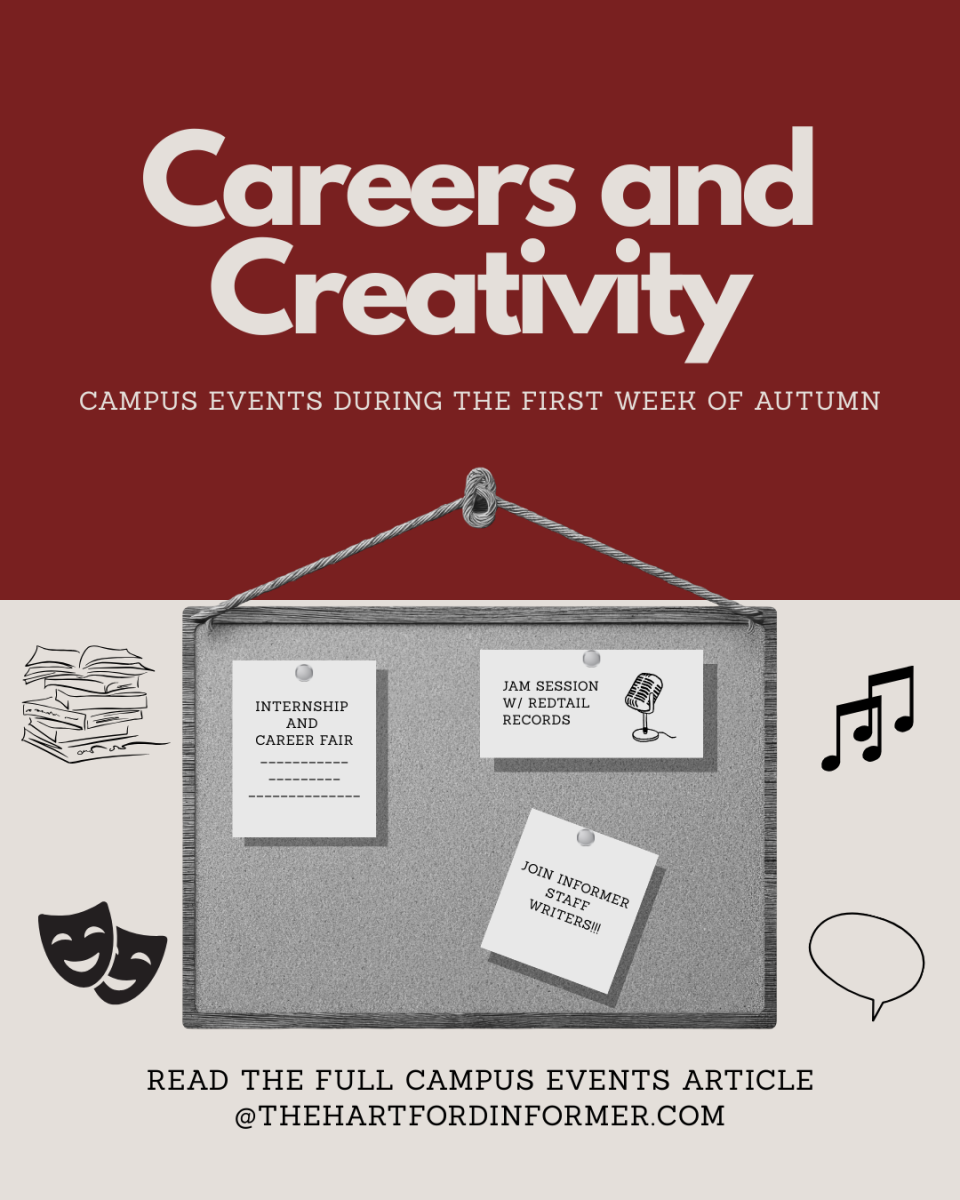The Struggle of Online Assessments
November 11, 2020
As the semester begins to wind down toward thanksgiving break and the holiday season, all University of Hartford classes will be converting to remote classes. This means that most students will be taking online assessments and finals. After a year to learn and develop suitable online testing, there are still numerous struggles accompanying any online assessment. The issue is that there is no ideal way to take an online test. The problems all very much overlap and cause the situation of giving an effective online assessment to become an optimization problem.
The main give and take when discussing an online assessment is finding the right balance between limiting the ability to cheat and providing students the time to explain and check their answers thoroughly. When professors develop online tests, cheating is always a consideration. If the test is a take-home, students will likely talk among themselves and use other resources. That is perfectly fine for specific tests where students have to show applied knowledge and discuss concepts. Many professors tend to go with timed online tests for tests where students are asked to show their knowledge from class and what they have learned. To prevent cheating, they make enough questions, so students do not have the extra time to use resources or cheat. This test is great, except it significantly limits students’ ability to check their work or fully explain themselves.
Another problem is that many online tests limit professor interaction, meaning students cannot ask clarification questions or discuss their thoughts. Certain classes try to keep the test very similar to in-person testing and have tests during class time, even with the class on video call. This is a solution to helping keep some normality through the online transition. Students can unmute when they have a question similar to regular testing.
While there is no single solution for effective online testing, a few tips students can follow help ensure success in the online setting.
Preparation is key. Plan ahead and try to determine what kind of questions will be asked and how many questions will help you practice solving problems in a timed setting.
Be transparent with your professor, explain concerns you may have, whether they are about the amount of time or about being able to ask questions. Many professors are new to online testing and appreciate the feedback.
Understand the testing environment. If you are on a video/voice call understand what certain buttons do. If you need to scan in results, practice scanning beforehand so you know how much time you need to save to make sure you can submit the assignment on time.
If you can do all these things, the transition to online testing, albeit uncomfortable, will be much easier to overcome!










